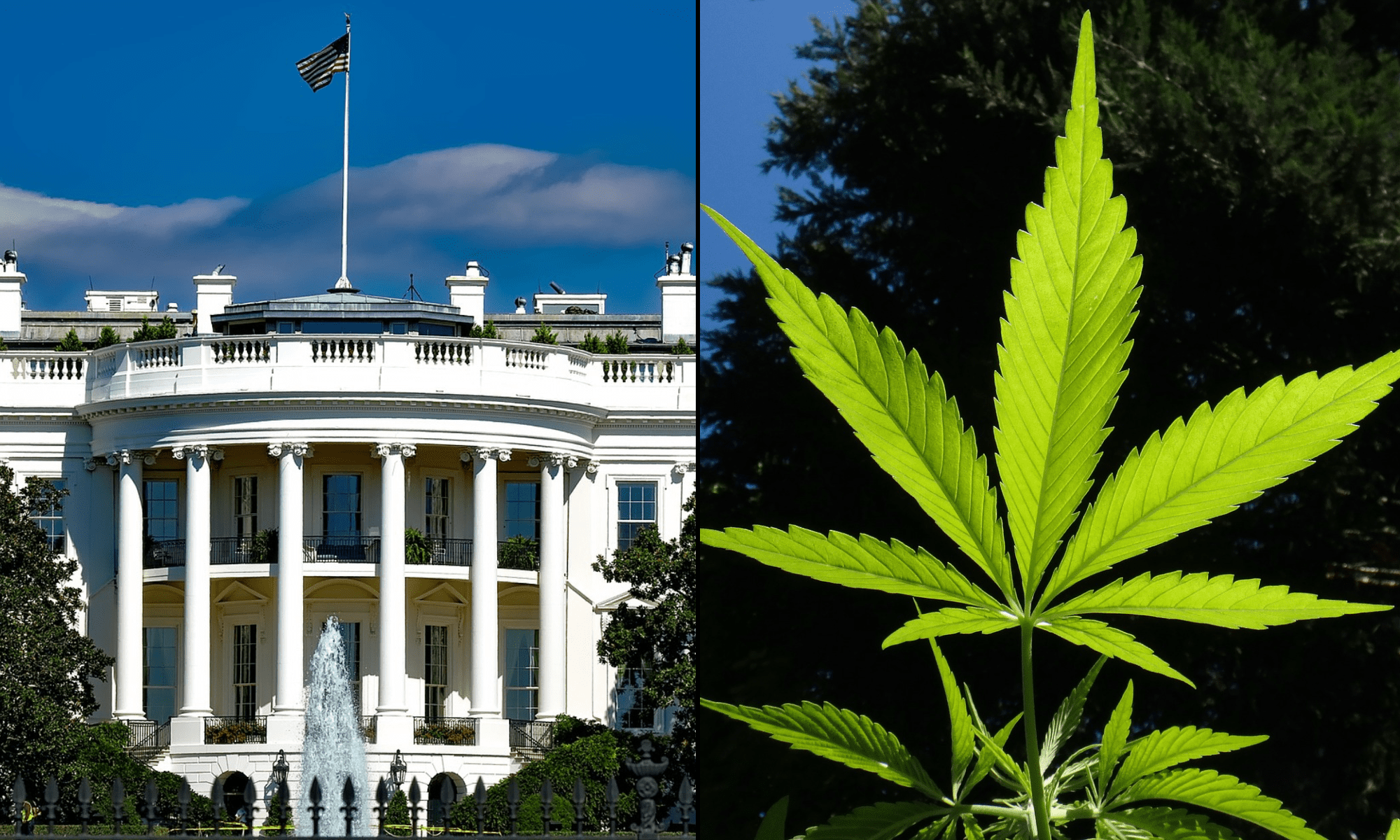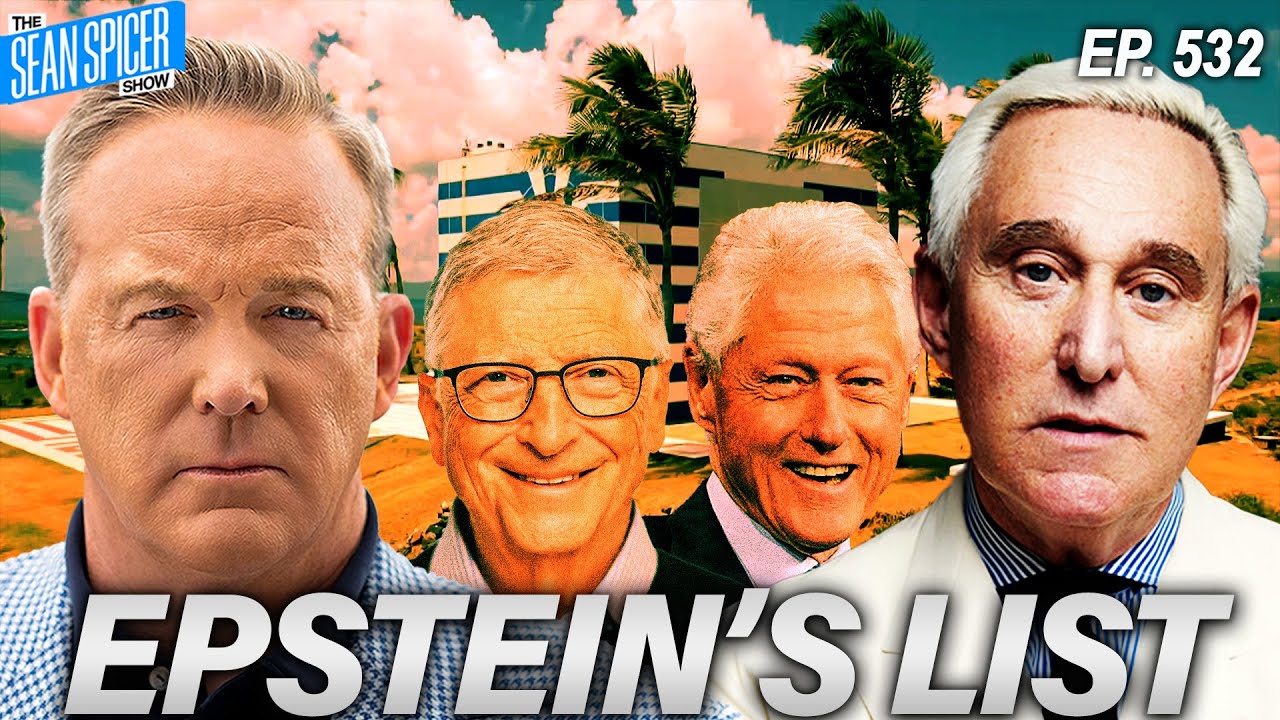Politics
Trump’s Longtime Advisor And Former Press Secretary Discuss Marijuana Rescheduling Prospects

President Donald Trump’s former press secretary Sean Spicer and his long-time advisor Roger Stone are trading diverging takes on the prospect of the administration moving forward on marijuana rescheduling.
Days after Stone made the case for reform in an op-ed for Marijuana Moment, he discussed why he believes Trump will make good on rescheduling during an interview on The Sean Spicer Show that aired on Tuesday.
Spicer says he’s not convinced, however, arguing that the president has been “very clear” about his personal philosophy: “No drugs, no alcohol, no smoking, no tattoos.”
“Explain to me why you think Donald Trump, of all people, is going to declassify pot,” he said. “And as a conservative, Roger, prior to this big crackdown in D.C., walking through the city—whether it’s D.C. or New York—I’m tired of smelling urine and pot on every single block. It’s disgusting, and I don’t know why we’d want to decriminalize it, never mind why Donald Trump would want to do it.”
While Stone has pushed for broad federal legalization, the reform that’s currently on the table would simply move cannabis from Schedule I to Schedule III of the Controlled Substances Act (CSA). Trump endorsed the policy change on the campaign trail, but he gave less definitive comments about the issue when he announced late last month that a final decision would come within weeks.
“Since 2016 when he got into politics, Donald Trump has always taken the position that this is a states’ rights issue—that the states should decide,” Stone said. “It makes no sense to have federal law and state law contradict each other.”
He added that he agrees with Spicer that “public use of marijuana should be illegal, just like carrying an open container of alcohol is illegal. We don’t have drinking on every street corner.”
The conservative political operative, who has served as a senior campaign aide to three Republican presidents—Richard Nixon, Ronald Reagan and Trump—then talked about how his own father benefitted from medical cannabis when he was undergoing treatment for cancer. The plant allowed him to regain his appetite and mitigate pain.
“So I believe this has a medicinal value, based on my own experience,” he said. “Forty states have now legalized some form of cannabis, so all I want the president to do is to move it from a Schedule I drug, where it’s classified with heroin, which is ridiculous, to be a Schedule III drug, where you can solve the banking issues in the states where it’s legal, you can solve the taxation issues—because the people who are legally in the business aren’t, in many cases, paying federal taxes, and they should be.”
Moving marijuana to Schedule III would allow licensed cannabis businesses to take federal tax deductions they’ve been barred from under an Internal Revenue Service (IRS) code known as 280E. However, it would not on its own resolve marijuana industry banking issue. As long as it remains a controlled substance, many financial institutions are expected to continue to be wary of engaging with the cannabis sector.
Stone also noted that, with legalization, “we can regulate it so it can’t be used in public, so you don’t smell pot on every street corner.”
“I think it’s a libertarian view, but it is consistent with the president’s view that it’s a state’s rights issue,” he said. “It’s time to bring the state law and the federal law into sync.”
Spicer conceded that Stone made a “compelling case,” adding that he finds it hypocritical that people are penalized for drinking alcohol in public when he routinely sees people smoking joints in public.
The former press secretary also discussed the prospects for federal cannabis reform in a recent conversation with journalist Mark Halperin.
“That’s not going to happen. That will not happen,” Spicer said of the possibility that Trump advances cannabis reform, while Halperin was more optimistic.
Meanwhile, nine GOP congressional lawmakers have called on the U.S. attorney general to reject what they called a “corrupt and flawed” marijuana rescheduling proposal.
In contrast to that letter from GOP lawmakers, a leading drug policy reform group recently launched a petition urging the president to go further than rescheduling by legalizing marijuana altogether.


